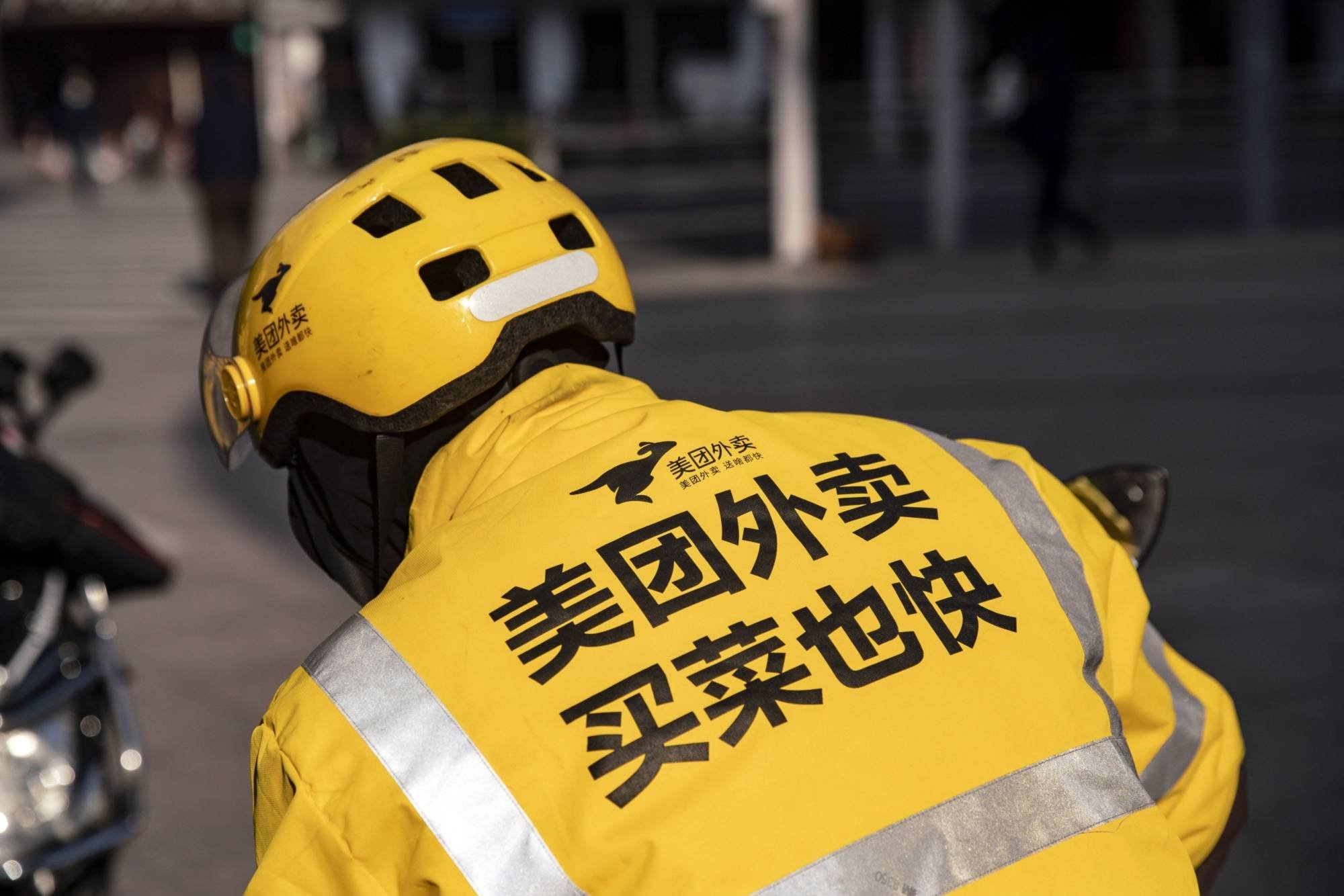China’s city-dwellers have gotten used to seeing blue- and yellow-clad delivery drivers darting around their streets at breakneck speeds, but the past couple of days have been almost as hectic for the two main companies that employ them. Eleme and Meituan — the key architects of China’s gigantic food delivery ecosystem — have been attempting to run damage control after a damning investigative report on the industry was published by People magazine on Tuesday morning.
People‘s report laid bare the companies’ internal incentive systems and accused them of putting delivery drivers in dangerous yet poorly-rewarded positions in order to maximize profit.
The companies are now facing the worst PR crisis since their founding, partly made worse by some ill-thought-out responses.
Related:
 “A Painful Read”: New Report on the Dangers Facing China’s Delivery Drivers Goes ViralA viral report from “People” magazine sheds light on the human impact of China’s ubiquitous food delivery systemsArticle Sep 08, 2020
“A Painful Read”: New Report on the Dangers Facing China’s Delivery Drivers Goes ViralA viral report from “People” magazine sheds light on the human impact of China’s ubiquitous food delivery systemsArticle Sep 08, 2020
Alibaba-owned Eleme responded first, releasing an overnight statement (link in Chinese) on Chinese messaging platform WeChat as well as the Twitter-like Weibo entitled “Are You Willing to Give Me Five More Minutes?” The announcement outlined two steps: introducing a new feature allowing customers to volunteer for a longer wait (five or ten more minutes) for drivers to complete delivery orders; and a new rewards system for star drivers.
The response was quick, but so too was the backlash. For starters, social media users felt the announcement’s headline was suggesting that customers were to be blame for not being patient enough. Tang Jiansheng, Deputy Secretary of Shanghai Consumer Council, pointed to “logical fallacies,” in comments aimed at Eleme. “In this case, you are asking the customers to take the blame for drivers’ behavior — their [traffic] violations, auto-pedestrian crashes, as well as running red lights.”
Others pointed out that the new measures did little to get to the root of the problem. The most upvoted comment under Eleme’s emergency statement on Weibo reads, “If I give [a delivery driver] five more minutes, he won’t use it to slow down or obey traffic rules, but to take one more order. It is treating the symptom, not the cause.”
Around 18 hours after Eleme’s statement, Meituan released a statement of their own, reversing a previous stance of declining to comment. Clearly taking cues from Eleme’s PR nightmare, their rival sought to admit fault and pledged to “take responsibility to solve the problems around the system.”
Related:
 Has Covid-19 Permanently Changed China’s Daily Reliance on Tech?From food to retail, technology changed daily life in China for most of 2020 – but how much of it will last?Article Sep 01, 2020
Has Covid-19 Permanently Changed China’s Daily Reliance on Tech?From food to retail, technology changed daily life in China for most of 2020 – but how much of it will last?Article Sep 01, 2020
Meituan listed out five ways they’d be addressing concerns: “giving eight minutes of flexibility for drivers,” “strengthening safety,” “improving the incentive system for drivers,” “supporting the safety of drivers and the well-being of their families,” and “taking the public’s suggestions seriously.”
Social media commenters were quick to note how for once, being first in a delivery battle had backfired. “Eleme must regret taking the lead so much,” reads one highly-upvoted comment. “Meituan has monitored the situation and revised its response.”
However, many still feel this compromise doesn’t really get to the heart of the problem. Researcher Ma Liang from one of the top think tanks in China — the National Academy of Development and Strategy of Renmin University — was quoted as saying, “The responses [from Eleme and Meituan] come with a sense of rushed crisis management. But they both fail to face up the problems.”
For the moment, the scandal continues to spark heated debate. But it remains to be seen whether the storm of criticism will fade before Eleme and Meituan are forced to take meaningful action, and how much customers really care about the welfare of the people who make these systems so cheap and efficient for them.


















